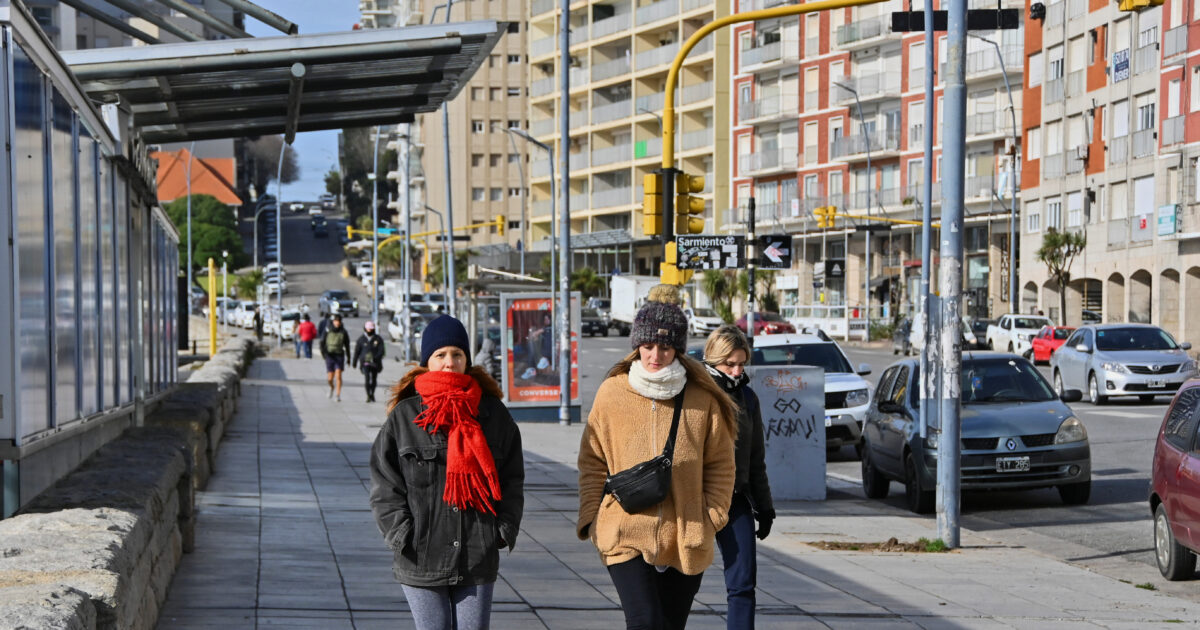Confronted with a severe wave of colds are found Argentina, Chile and Uruguay that has caused the deaths of 15 people and forced governments to take extraordinary measures.
A mass of polar air from Antarctica affects Argentina, Chile and Uruguay, dropping the temperature well below 0 ° C in these three Latin American countries. Governments were even forced to put restrictions on the use of gas and create extraordinary accommodation.
In Argentina, at least nine homeless people have lost their lives due to cold this winter, according to the NGO ProYecto 7.
In Buenos Aires the temperature dropped to -1.9 ° C on Wednesday, the lowest level for 34 years. Electricity holidays caused by high demand were left by thousands of people without electricity for more than 24 hours in some areas.
Snow has also covered the Argentine beaches in the Atlantic Ocean, while in the small Makintzao community of Patagonia the temperature dropped on Tuesday at -18 ° C.
The government of the country has suspended gas and gas stations on Wednesday to ensure that there will be sufficient quantities to meet household needs.
Snow on the beach A cold snap has set all-time winter lows in Chile and Argentina. Local news reports that snow has not fallen in the coastal town of Miramar, Argentina, since 1991. pic.twitter.com/Axj0XEWqGW
— AccuWeather (@accuweather) July 1, 2025
Authorities in Uruguay, where the temperature dropped below zero in some areas, declared a “red alarm” at national level after the deaths of six people. As part of the red alarm, the government can transfer the homeless to temporary accommodation.
In Montevideo, the highest temperature recorded on June 30 was 5.8 ° C, the lowest level since 1967, according to meteorologist Mario Bidegain.
Several truck drivers are stranded due to a severe polar cold wave at the border between Chile and Argentina. pic.twitter.com/a01cTCfHQX #ColdWave
— MiloX News (@MiloX_Viral) July 2, 2025
And in Chile the accommodation plan for the homeless was activated. In the city of Tsilan, 400 kilometers south of Santiago, the thermometer showed – 9.3 ° C, according to the country’s meteorological service.
The Waterfall in #SanMartindelosandesArgentina, has frozen! The polar cold wave affecting the country left this spectacular image. pic.twitter.com/FzroeUHdzI
— Meteoredcom (@meteoredcom) July 4, 2025
Snow has fallen into some areas of the Atacama desert, the driest in the world, for the first time for a decade.
“What is happening in Chile this week and more widely in South America’s Horn is a wave of cold caused by the massive polar air movement from Antarctica,” said Raul Cordero climatologist at the University of Santiago.
The situation is expected to improve in the coming days.
